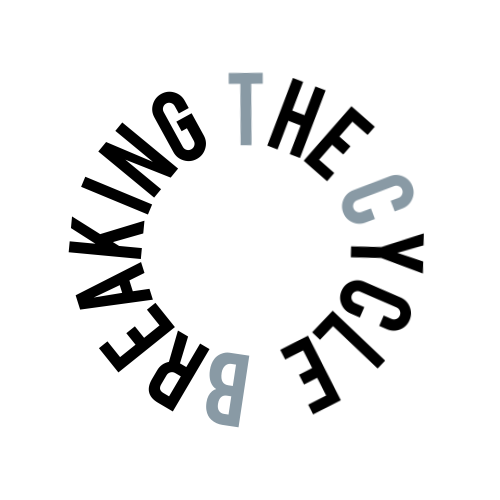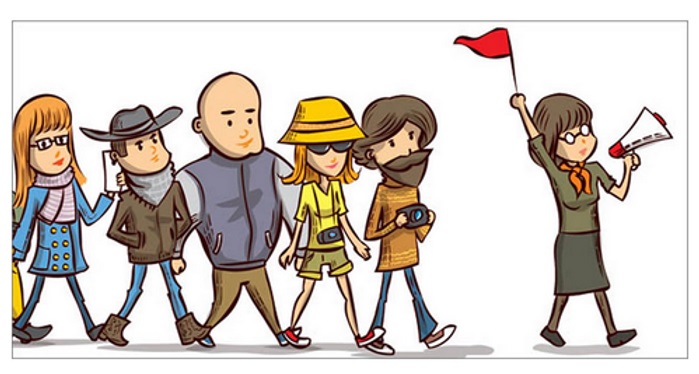New Year in the Household of Untreated Addiction. The Emotional Hangover, here’s what I mean.
Christmas and New Year is now over for another year. How are things in the treated house of untreated addiction? Well from my experience, there will be some members nursing a hangover and the other members of the family, whilst not nursing a hangover will be dealing with the fall out, the emotional hangover. What do I mean by this?
If you are suffering from an emotional hangover, you may feel exhausted right now. Like you are trudging through sludge, and carrying an invisible weight, despite, e.g, not drinking or drinking excessively.
Maybe you recognise that you are feeling like this, maybe you don’t. Possibly you don’t understand why. You can’t put your finger on it, so to speak. Shouldn’t time around your family leave you feeling good and uplifted, not exhausted and feeling depressed?
This time of year, should be a happy and exciting time for families where we look forward to spending time together. We may even make the extra effort to get along with some members.
But in the untreated house of addiction it means, people pleasing, stuffing feelings and feeling numb to be around and trying to get along with addicted members.
These behaviours are unhealthy and they rob us of being our true selves or being us.
People Pleasing – agreeing to do things you don’t want to and agreeing with your addicted loved one to “keep the peace”. You appear to be helpful and kind and you never say no. Underneath this veneer you are very resentful and particularly towards the addict. However, people pleasing is a very unhealthy way of behaving, where you will neglect your needs and self-care in favour of others, particularly the addicted loved one.
Stuffing Feelings – You keep a lid on things and the situation with the addicted loved one but deep down inside you want to scream. In the family of untreated addiction, the rules are very rigid. Members don’t talk and they don’t feel, this is not allowed, for fear that the elephant in the room is exposed.
In order to share feelings, it must feel safe. Families in denial or even out of denial but not taking action to address the situation and their part in it tend to be secretive. Secrecy cannot co-exist with healthy communication. In this type of family as sharing emotions are not discussed eventually this leads to a big blow up. My family of origin was like this, a pressure cooker. Nothing got discussed and eventually someone in the family would below their top, more often than not my mother, due to the situation.
If we stuff our feelings, this was what I did, we cause ourselves deep emotional pain and it saps our energy. We will feel at zero but may not understand why.
Shutting down to be numb and to not feel. Some folks use this tactic to survive and I am related to many folks who use this to do life. This occurs when you have suffered a trauma and growing up with untreated addiction is traumatic and fertile ground for even more trauma.
Your modus operandi is to withdraw from arguments or not listen to feel safe. You flat line, in effect there are no up’s or downs. You feel nothing.
If any of the above sounds familiar or resonates, you are suffering from an emotional hangover.
This can feel similar to actually having a hangover from drinking alcohol, for example. The emotional aspects of this hangover can be typically depression, crying, fatigue and anxiety. You may feel like a failure. This feeling was very common for me, when in the past I would spend time around addicted family members.
Many years ago, I would leave the household I had grown up in after a Christmas break feeling just awful. Board a flight to Heathrow, land, feeling like crap (where I would not have been drinking over the holidays) and suffer debilitating worry about the future, my future. They were addicts in denial, so I knew no one cared about me.
Simply, the emotional hangover comes from denying painful emotions. The addict stuffs their feelings where the addiction can provide relief from this uncomfortable state of being. IF you stuff your feelings most folks get relief though substance abuse, shopping, overeating, gambling and other mood-altering experiences. Without a healthy outlet for pain, folks can turn to the above to get relief. The pain goes for a bit, then returns and festers. The cycle then starts all over again.
If you are in a relationship with an addict, or have been, or have a family member in active addiction, you as the co-addict or co-dependant are/could be in a cycle too. Your pain, insomnia, worry, stress, guilt, or over functioning or enabling is a form of mood altering too.Enabling is common around the active addict in the house of untreated addiction.
When we are confronted with periods of suffering, do we look at these emotions, and learn from them? Or do we avoid them, stuff them and then succumb to them?
These are very challenging times, particularly in the household of untreated addiction, where we are confronted with periods of suffering frequently. If this resonates considering speaking to a professional. IF you do, make sure this person has much experience of dealing with addiction and from the point of view that is yours.
Next week there will be more about Enabling, what this is and how we can use this to get rid of our uncomfortable feelings. In the meantime, look after you.
Best, Maria.




